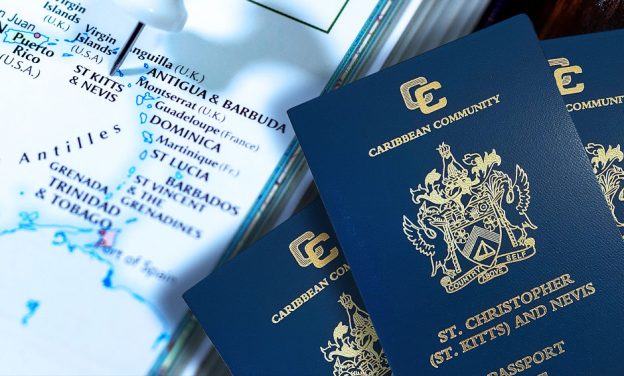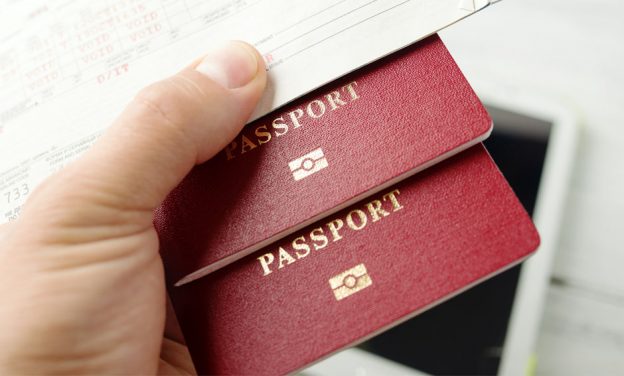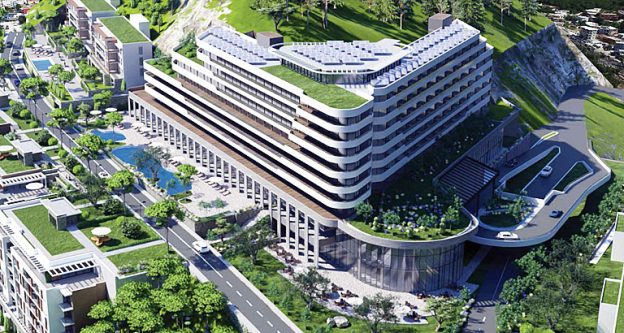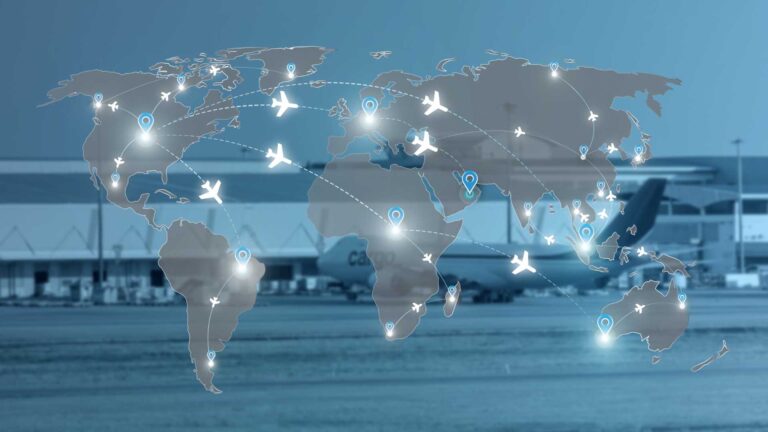Citizenship by investment programs is true only if they are legitimate. So, if you want to put to a question any option that is on the market, check the basis of it. Usually there is a special chapter of the Constitution or other core countries’ law for the investors to become citizens. And it must be a specific requirement to robust the local economy written to consider it a program by investments on the contrary to naturalization granted by the state via merit. Here is the overview of important changes of conditions of existing CIP’s, also the new programs on the rise and some important Golden Visa news.
Europe, Portugal

The reform of the Portuguese Nationality Law (No. 37/81) has been given the green light. The right-wing political party CHEGA has presented a project in which it proposes increasing the minimum period of legal residence and actual presence in Portugal to 10 years in order to obtain citizenship. Under the proposed amendments, children born in Portugal to foreign parents must now have at least six or 10 years of legal residence to obtain citizenship. Foreigners will have to prove full integration and sustainable ties with Portugal.
It seemed that after long discussions in parliament the law would be adopted. However, on July 9, 2025, consideration of the citizenship law was postponed until September 2025.
Europe, Malta

The Maltese authorities have announced the end of the MEIN (Maltese Exceptional Investor Naturalization) program and the transition to a merit-based citizenship model. The new program will target individuals who have made significant contributions to Malta in the fields of science, technology, arts, culture, sports, education, charity and business.
Key changes include the elimination of fixed fees, the creation of an independent board to vet candidates and individual assessment of each case. The names of new citizens will be published to ensure transparency. The new system will preserve Malta’s sovereignty over citizenship matters but will bring it closer to European standards.
Europe, Great Britain

Britain’s populist Reform UK party has proposed a plan to allow wealthy migrants to buy 10-year residency for £250,000 ($338,000). Britannia Card holders would be exempt from UK taxes on overseas income, assets and capital gains.
UK MP Nigel Farage says the proceeds from the scheme will go towards supporting the UK’s lowest-paid workers. The move comes amid changes to tax policy for non-doms, who previously enjoyed tax breaks. Officials are trying to bring back the rich. In 2024, about 10,800 wealthy people left the country. And also, to attract new ones – entrepreneurs, job creators and large taxpayers.
Europe, Cyprus

Another European Golden Visa is under threat of closure. Cypriot MPs are actively debating the program ahead of joining Schengen. Opposition politicians fear that Cyprus gaining Schengen could trigger a surge in applications from wealthy foreigners seeking EU mobility rather than residency.
Some politicians advocate for the program to be abolished entirely, given the lack of clear eligibility criteria for applicants. Cyprus has approved more than 28,000 Golden Visas since 2014. That figure includes all family members who applied with the main applicant. In total, the government has processed 14,646 cases over 11 years.
Southeast Asia, Vietnam

Vietnam has revised its citizenship law. What has changed: a simplified naturalization procedure has been introduced for people who contribute to Vietnam’s development through professional skills or achievements; dual citizenship is now allowed in special cases.
These innovations will play an important role in the lives of expats working and living in Vietnam. There are certain difficulties for foreign citizens, especially those employed by local companies. In particular, strict visa rules, limited opportunities to purchase housing and restrictions in the banking sector.
Latin America, Argentina

Argentina will have its own citizenship by investment program. It will be the only program of its kind in the South American region. A special agency will be created for these purposes, which will manage all processes.
So far, only the figures are known – investors will need to invest at least 500,000 US dollars in projects that contribute to the economic development of Argentina and the creation of jobs. The advantages of the program for investors are 169 countries for visa-free entry, including visa-free entry to the countries of the European Union.
Meanwhile, it will become more difficult to obtain Argentine citizenship without permanent residence or capital investment in the economy. Those wishing to obtain a “Carta de ciudadania” – the official document granting Argentine citizenship to foreigners – must now legally reside in the country for at least two years without interruption (i.e. not leave the country during this time) or make a significant financial investment in the country. This contribution must be registered with the Financial Information Unit (UIF), the Ministry of Security and the National Directorate for Migration. As for obtaining permanent residence, there are also complications. Now only children of Argentine citizens will automatically receive residency. Spouses and parents will need to meet additional requirements.
Middle East Jordan
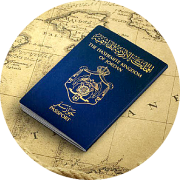
Jordan is updating its citizenship by investment program. The country is introducing new options for foreign investors to obtain Jordanian citizenship, including investing in shares of local companies, creating new projects in important sectors, or buying shares in existing projects.
The thresholds for all three areas are prohibitively high – from $350,000 to $1.5 million. Before this, the program was not popular anyway. According to Jordan’s Minister of Investment, since 2018, the country has granted citizenship to 561 people.

